| |
Grammar: March focused on Verbs (action, linking, tenses, participles, infinitives, etc.), along with proofreading practice, vocabulary, and critical thinking activities that tied to each writing assignment.
Writing and Literature: Students read and wrote Fables to support their development of symbolic narrative writing to convey a moral and develop their skills in writing dialogue.
Students read their graphic novel biographies of scientists, inventors, or historical figures of each student’s interest. Students conducted additional research on their person of choice by looking up and reading books from the library and through web searches. Our students are writing a report of the book they read with additional research, as well as a poem about their person.
To prepare students for reading the Shakespeare book Hamlet, in April, students and parents participated in an interactive play of Hamlet at the Presidio Officer’s club.
We also began looking at persuasive writing again and learning about using pathos, ethos, and logos in our arguments.
Science:
We continue our Ocean Ambassadors program from The Marine Mammal Center. The Program allows for real life application of the scientific process, further development of specific observation skills and drawing conclusions based on evidence, adaptations, which connects to our topic for the next couple months of Human Impacts. Students immersed themselves in the following during the month of March:
- Learn about the natural habitat of marine mammals, look at the physical and behavioral adaptations of marine mammals. Learning how TMMC balances water chemistry in their pools for their marine mammal patients, while recording notes in their waterproof field notebooks. Students learned about Ocean Acidification, PH, acid and base and practiced testing and changing the PH of their water.
- Learn about the initial exam of new patients; different lab tests used at TMMC by preparing slides for the case each small group is given and presenting their diagnosis for their case with evidence to support their conclusions.
- Used critical thinking and problem solving skills to work as a class to treat several marine mammal patients using what they’ve learned about diagnosing diseases and reading the patient charts.
- Students also had the opportunity to take a Micro Lab tour at TMMC. During this visit, we used a dissection microscope to study specimens, record data, and draw conclusions. We will also learn more about the hospital, met specialists and explored the TMMC process of Rescue, Rehabilitation, Research, Release, and Education. Students also had the unique opportunity to observe a necropsy to understand how scientists determine what disease an animal died from.
- Students prepared for a real field study by practice observation and collection data of animals using photo and video data. Finally it was time to take their knowledge as a Scientist in the field. Students and parents took a trip to Pt. Reyes to observe the Elephant Seals, comparing variables, calculating percentages and drawing conclusions from data.
Math:
Group lessons focused on percent equations tied to The Marine Mammal Center data collected. Students worked on their graphing skills by mapping various marine mammals’ journeys via longitude and latitude coordinates. Additionally, students were also introduced to factoring, which again referenced back to the case studies of marine mammals.
History:
Three of our students participated in National History Day and were offered the opportunity to continue on to the state level!
This month we learned about the War of 1812, changes in America (land, politics, people, art, etc.) in the Northeast, South, and West from 1800-1850. Our reading this month has been The Split History of Westward Expansion in the United States where we learned about both the settler’s and the Native American’s viewpoints in this period of the Westward Expansion. We have also watched PBS videos about the African American and Native American experiences during this time, as well as about the Mexican-American War. This was also an important time period for women’s rights and the suffrage movement. This month was filled with fascinating discoveries and discussions.
Executive Functioning tied to math by supporting the foundation of examining congruent and similar objects, and objects with symmetry.
Wellness focused on real life situations youth face. We discussed and practiced self-advocacy and the benefits of making smart choices. My City School uses some great free tools that support tweens/teens, check out one of them here: http://www.nsteens.org/
Community Service: MCS had the pleasure of working with Andy from Rec and Park at Stow Lake. As a previous history major and having been with Rec and Park for 35 years, Andy started our community service with a botany tour of plants found in Golden Gate Park and their connection to history. We saw the plant Hemlock, that killed Socrates, and found the berries that provided ink for the Declaration of Independence. The students were delighted to give back to the park by weeding and preparing a hillside to receive new plants and vegetation.

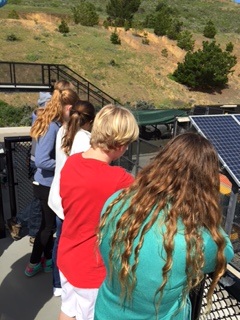
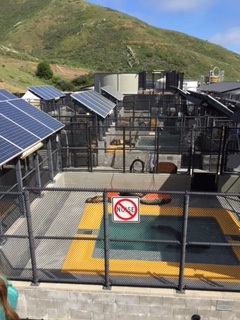
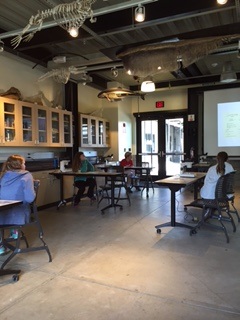
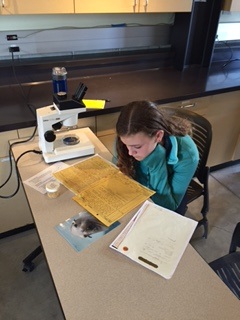
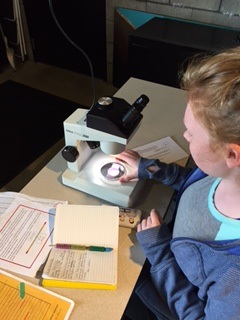
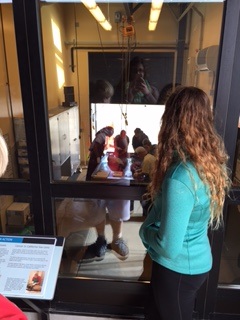
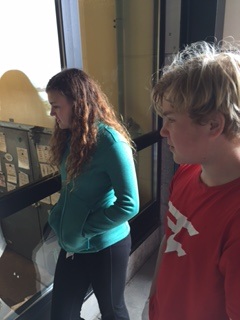
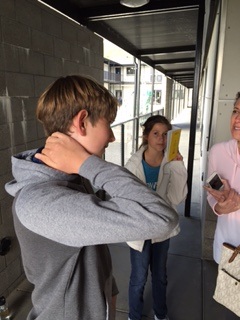
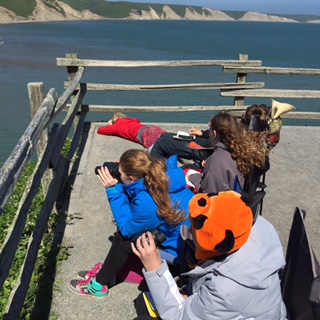
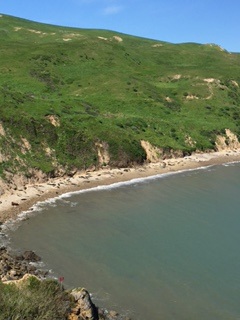
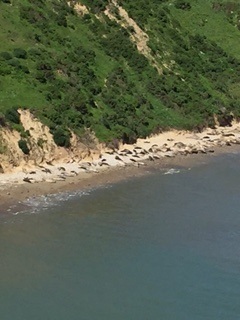
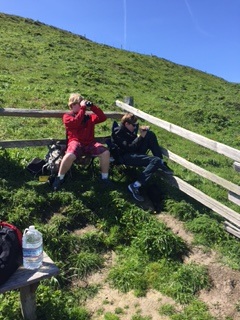
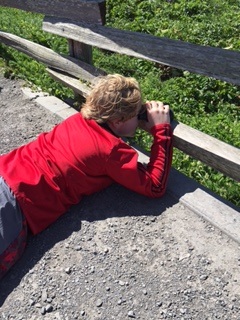
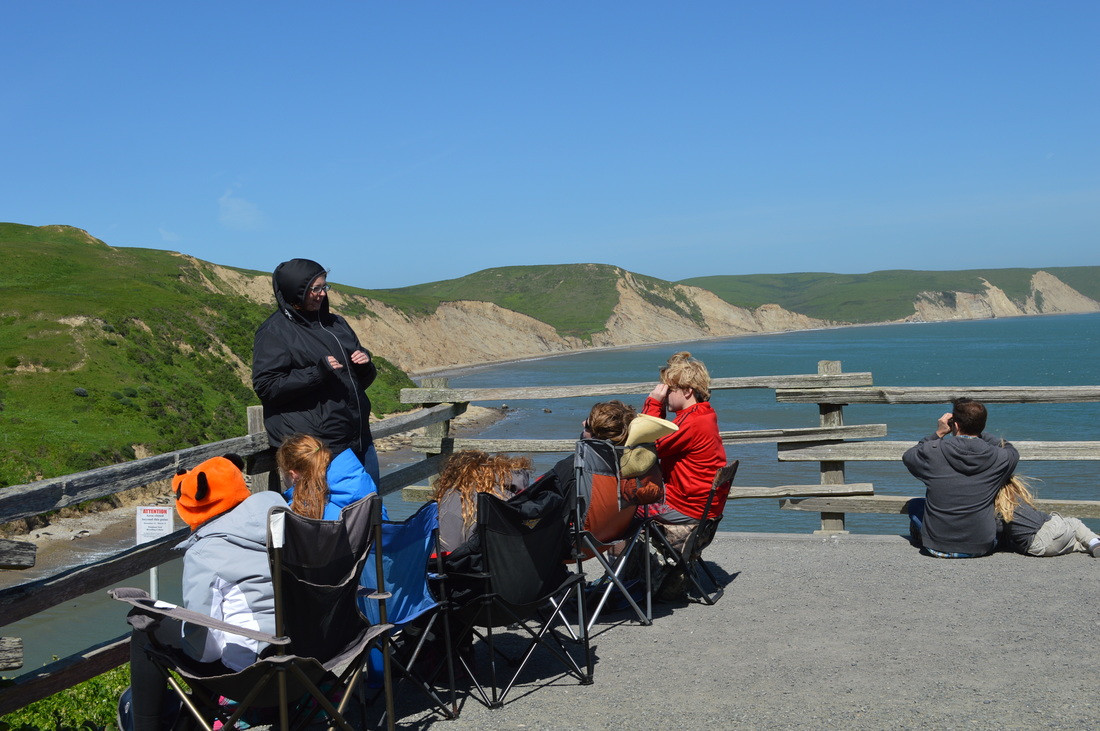
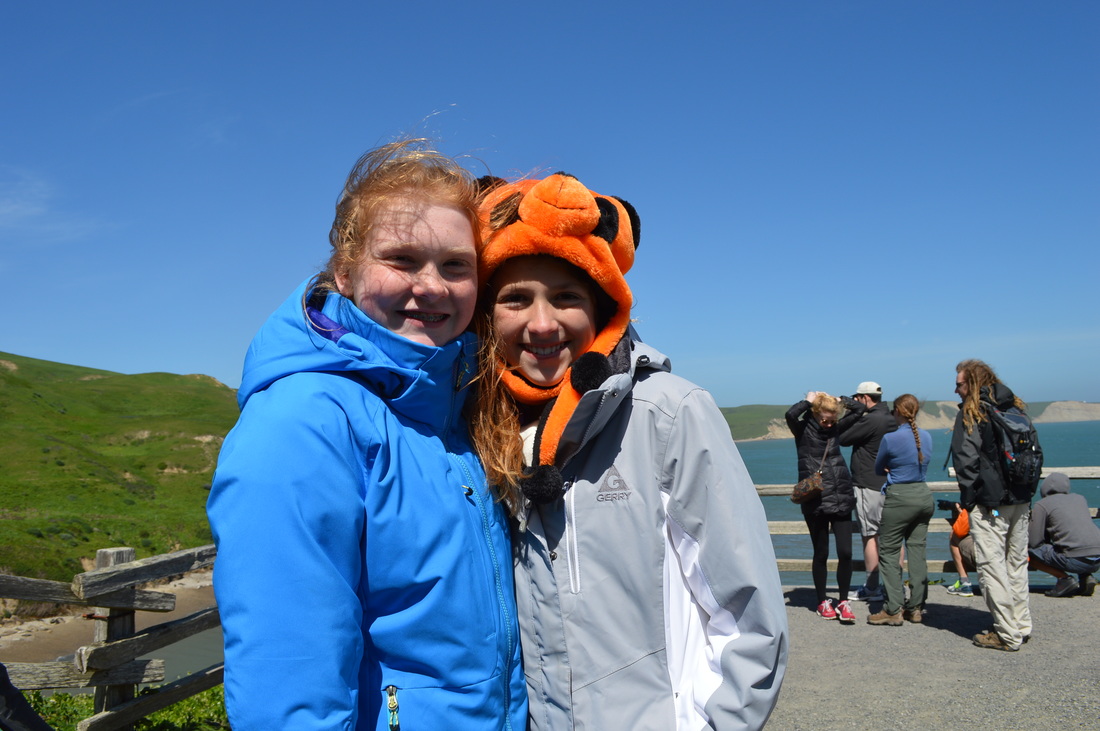
 RSS Feed
RSS Feed